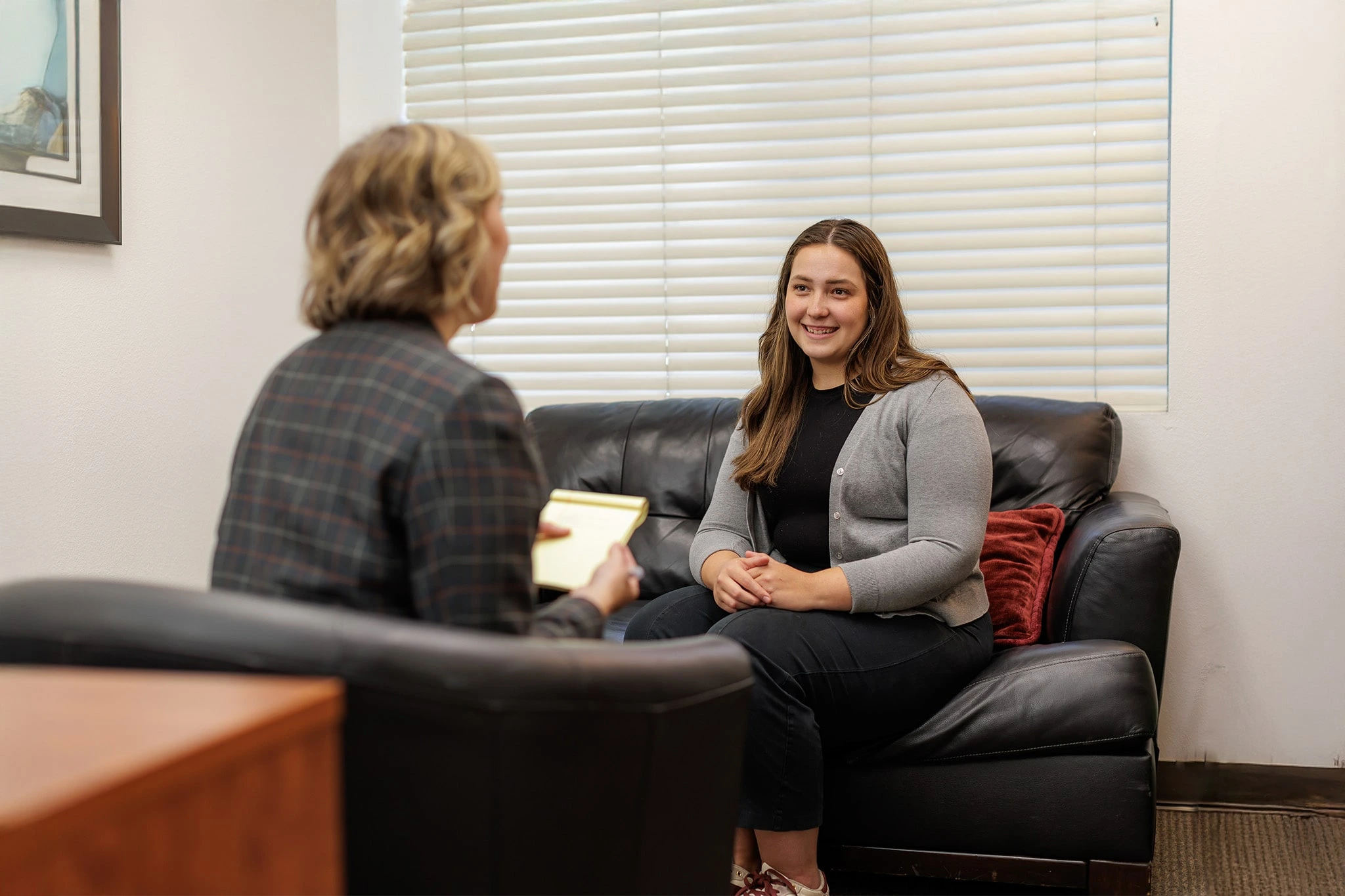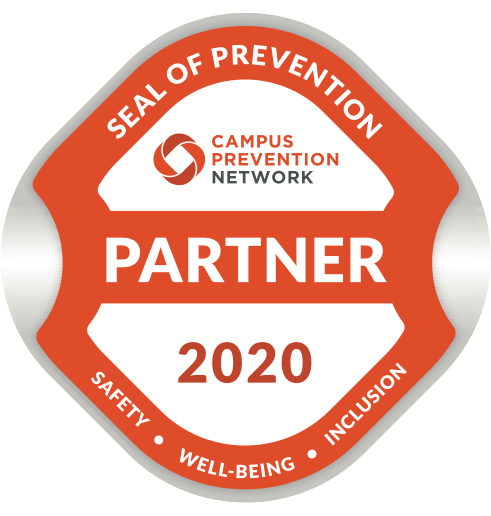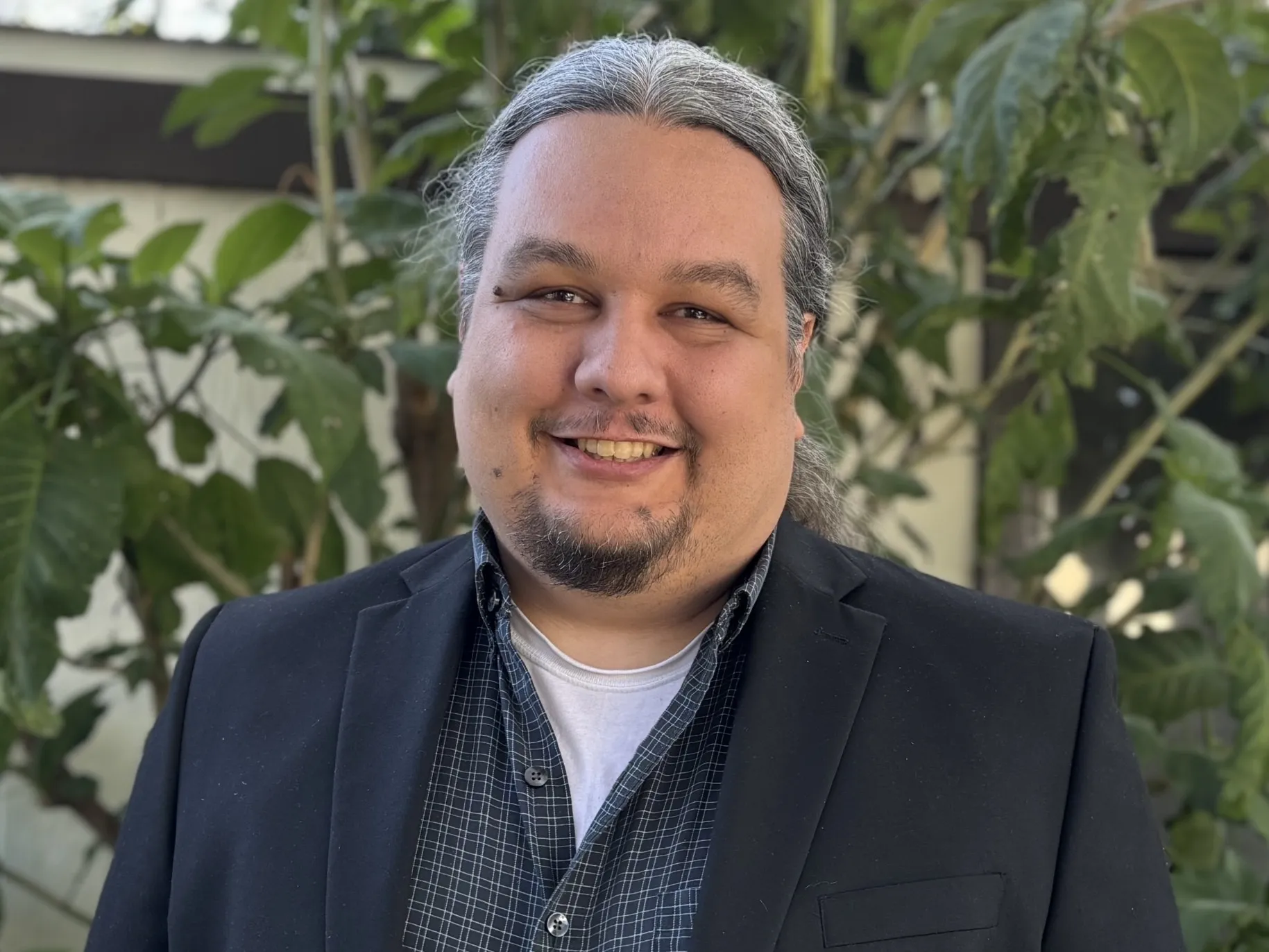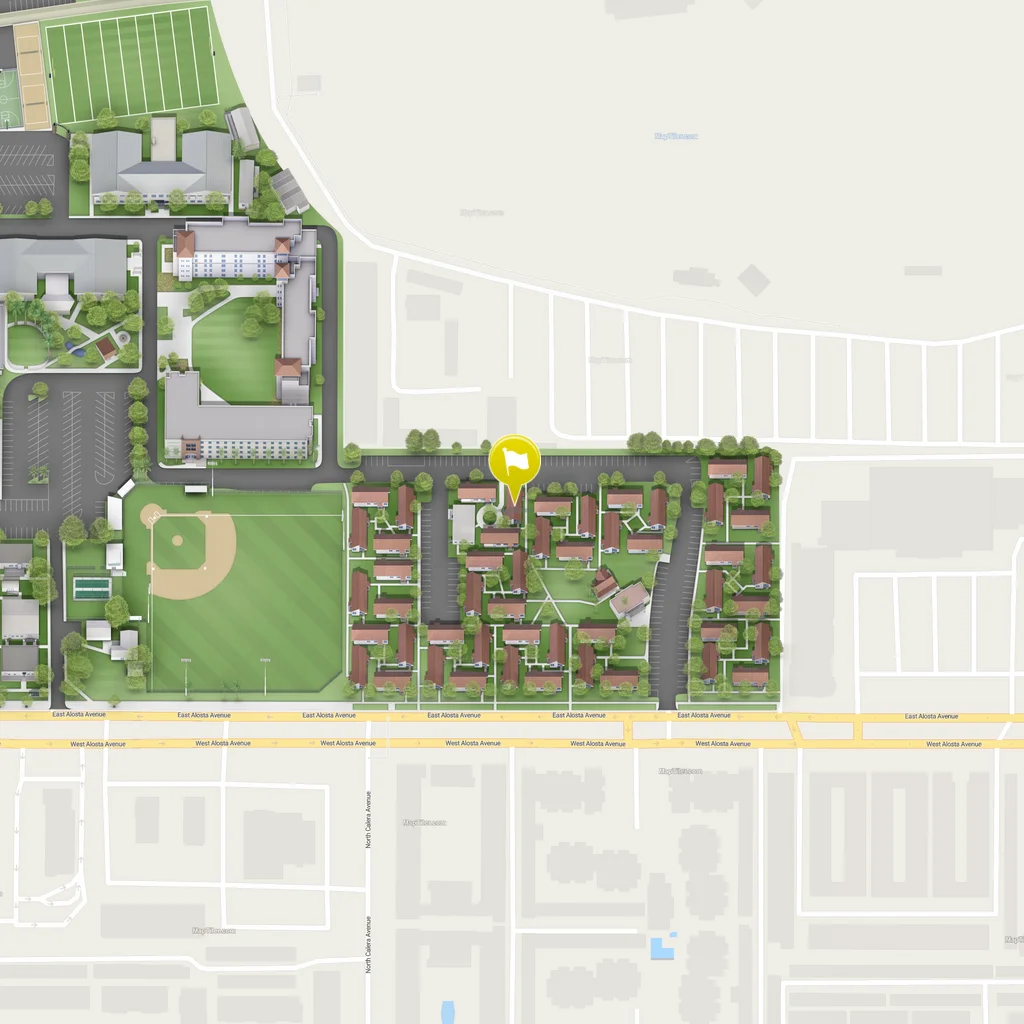
University Counseling Center
Empowering Students Through Counseling
Accredited by the International Accreditation of Counseling Services, Azusa Pacific’s University Counseling Center (UCC) empowers students to realize their personal and academic potential by promoting psychological, social, and spiritual wellness through Christian counseling and outreach services.
The UCC is your launchpad for a thriving college experience. Conquer academic pressures, forge meaningful connections, and navigate life’s challenges with expert support. We provide brief generalist counseling for all enrolled students.
UCC Services
- Individual, Relationship, and Group Counseling
- Urgent Care
- Trainings, Workshops, and Events
Accreditation
 Accreditation from IACS confirms that the highest standards are being met, validates
professional excellence, and distinguishes standout counseling centers.
Accreditation from IACS confirms that the highest standards are being met, validates
professional excellence, and distinguishes standout counseling centers.

Azusa Pacific University is a member of the Jed Health Matters Campus Program, which helps colleges and universities promote emotional well-being and mental health programming, reduce substance abuse, and prevent suicide among students.

The Campus Prevention Network (CPN) Seal of Prevention recognizes Azusa Pacific University as a highly regarded institution for best-in-class digital student programming to promote health, safety, well-being, and inclusion. This student programming communicates and lays action to our commitment to diversity as an expression of God’s image, love, and boundless creativity.
Making an Appointment
The UCC is happy to support your counseling needs with same-day urgent care appointments. Walk in to the center 8:30 a.m.-12 p.m. and 1-4:30 p.m. for urgent care support or call (626) 815-2109 for 24/7 crisis care. In the case of an emergency, call 911.
Log in to your MyCougar Health Patient Portal to schedule a nonurgent appointment. Here, you can also complete forms before your appointment and exchange messages with counselors. Routine Appointments and urgent care counseling can also be accessed by calling (626) 815-2109.
In accordance with professional ethics and California state law, any information shared in the context of professional counseling is considered confidential, and generally cannot be disclosed to anyone outside of the UCC, with the following exceptions:
- You (the client) give written authorization for the sharing of information.
- Your counselor believes that you are a danger to harm or kill yourself, or that you are gravely disabled. In this case, we may need to notify others who could assist in assuring your safety.
- Your counselor believes that you are a danger to harm another person or the property of another person. In this case the police, Campus Safety, the Student Affairs Care Team, and the person in danger might be notified by the UCC.
- Your counselor is informed of or suspects the abuse or potential abuse of any child. If you are under the age of 18 and report that you have been abused, we are required to report this information to the appropriate child protection agency. If you are over the age of 18 and report that you have been abused, and also report that the abuser currently has contact with children under the age of 18, we may also need to contact Child Protective Services (CPS).
- Your counselor is informed that you have accessed, streamed, texted, shared, or downloaded material where a child, under the age of 18 years old, is engaged in any sexual act.
- Your counselor is informed of or suspects the abuse or potential abuse of any elderly person or other dependent adult. These cases are also reported to the appropriate protective agency.
- Some staff members at the UCC are unlicensed, supervised counselors. In these cases, counseling information is discussed with a clinical supervisor employed by the UCC.
- The UCC keeps a confidential written record of your treatment. Client records are considered the property of the UCC, and are subject to review by any UCC counselor. A UCC file typically includes initial paperwork and assessment results, brief session notes, and any other pertinent counseling-related information. This information is used as a basis for planning your care and monitoring your progress, and for research evaluating the quality and effectiveness of our services. Client information is stored in keyed file cabinets and electronically on a file server that is password protected and housed in a physically secured facility. In certain legally defined situations, our records may be subpoenaed, and we may be required to surrender them. The UCC makes reasonable attempts to contact current or former clients before releasing records in these situations. Ask your counselor if you have any questions about counseling records.
If you have been the victim of a crime, we can assist you in making a report to the police or APU Campus Safety if you choose to do so. You may also file an anonymous Silent Informant report.
In the event that you need to cancel or reschedule a session, you can contact your provider through your MyCougar Health Patient Portal using the messaging feature. Simply reply to your counselor’s message or your appointment confirmation message. You can also cancel or reschedule via phone at (626) 815-2109.

Nathaniel Fernandez, PhD, Lives Out Jesus’ Care Through Counseling
As a Christian, Nathaniel especially seeks to live out God’s calling to care for those
in need. Fernandez is happy to serve as a psychologist and outreach coordinator in
Azusa Pacific University’s Counseling Center.
Contact Information
Phone: (626) 815-2109Hours
Monday–Friday, 8:30 a.m.-12 p.m., 1-4:30 p.m.
